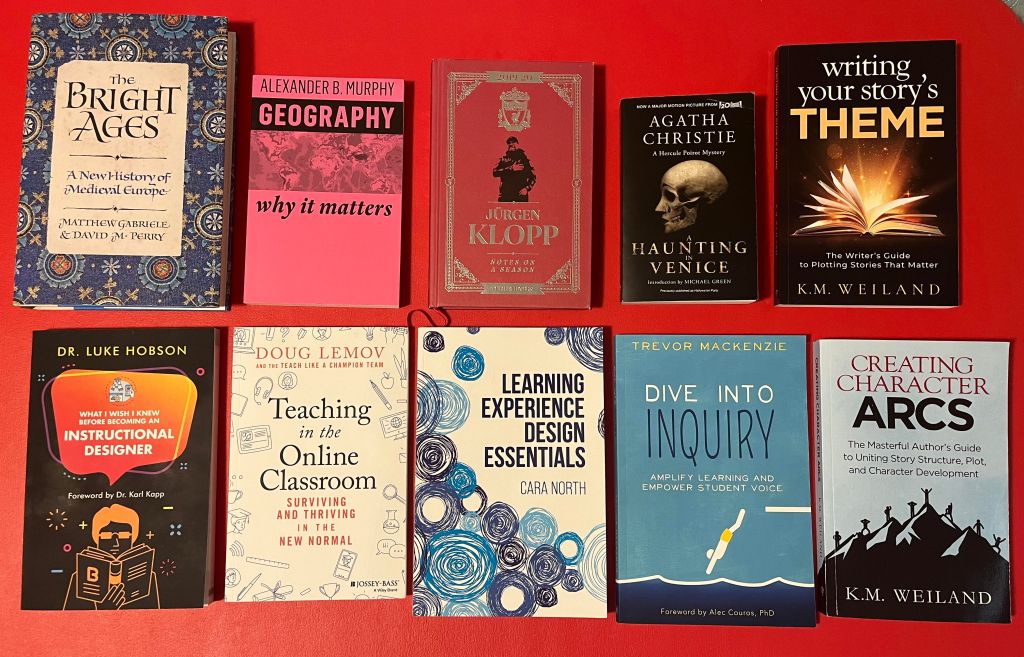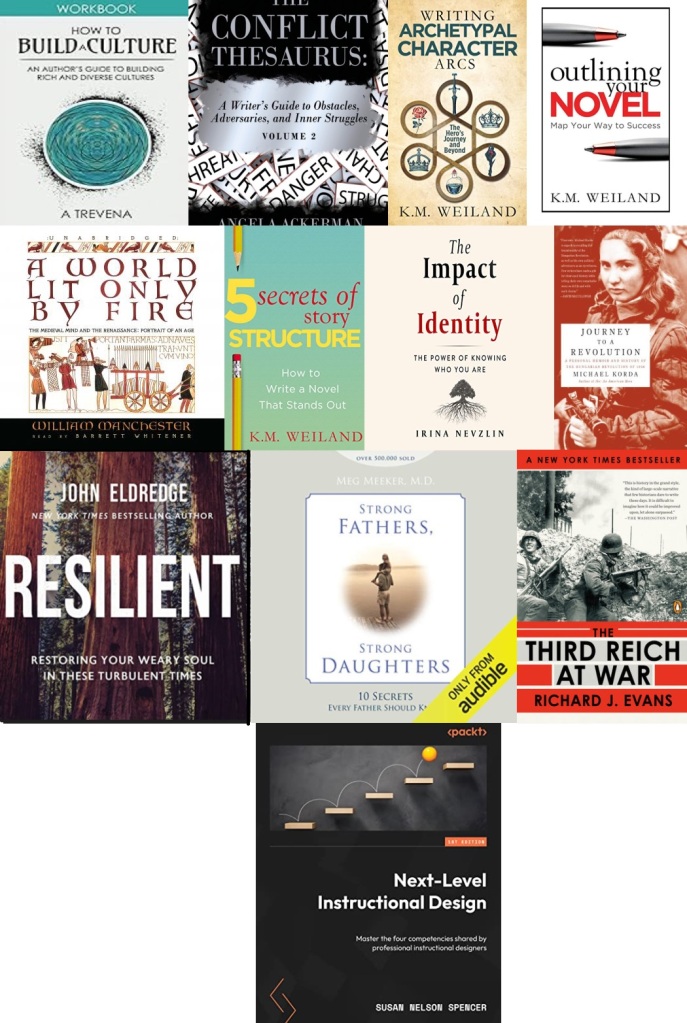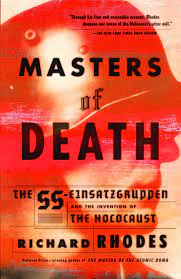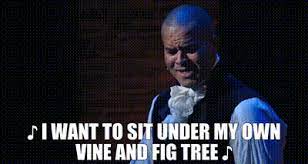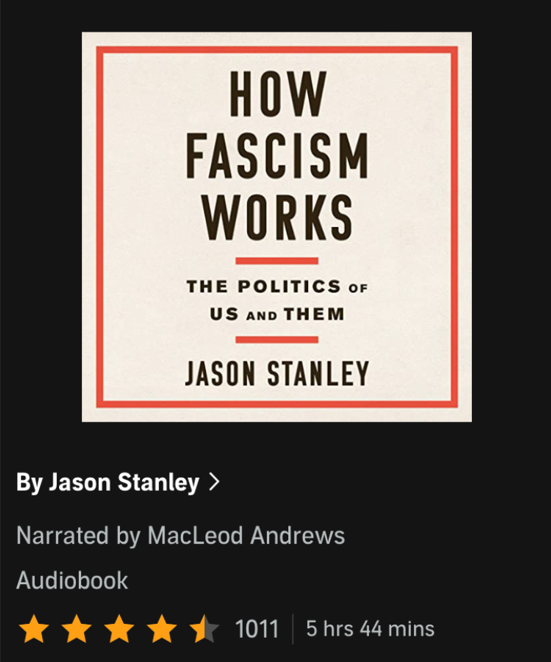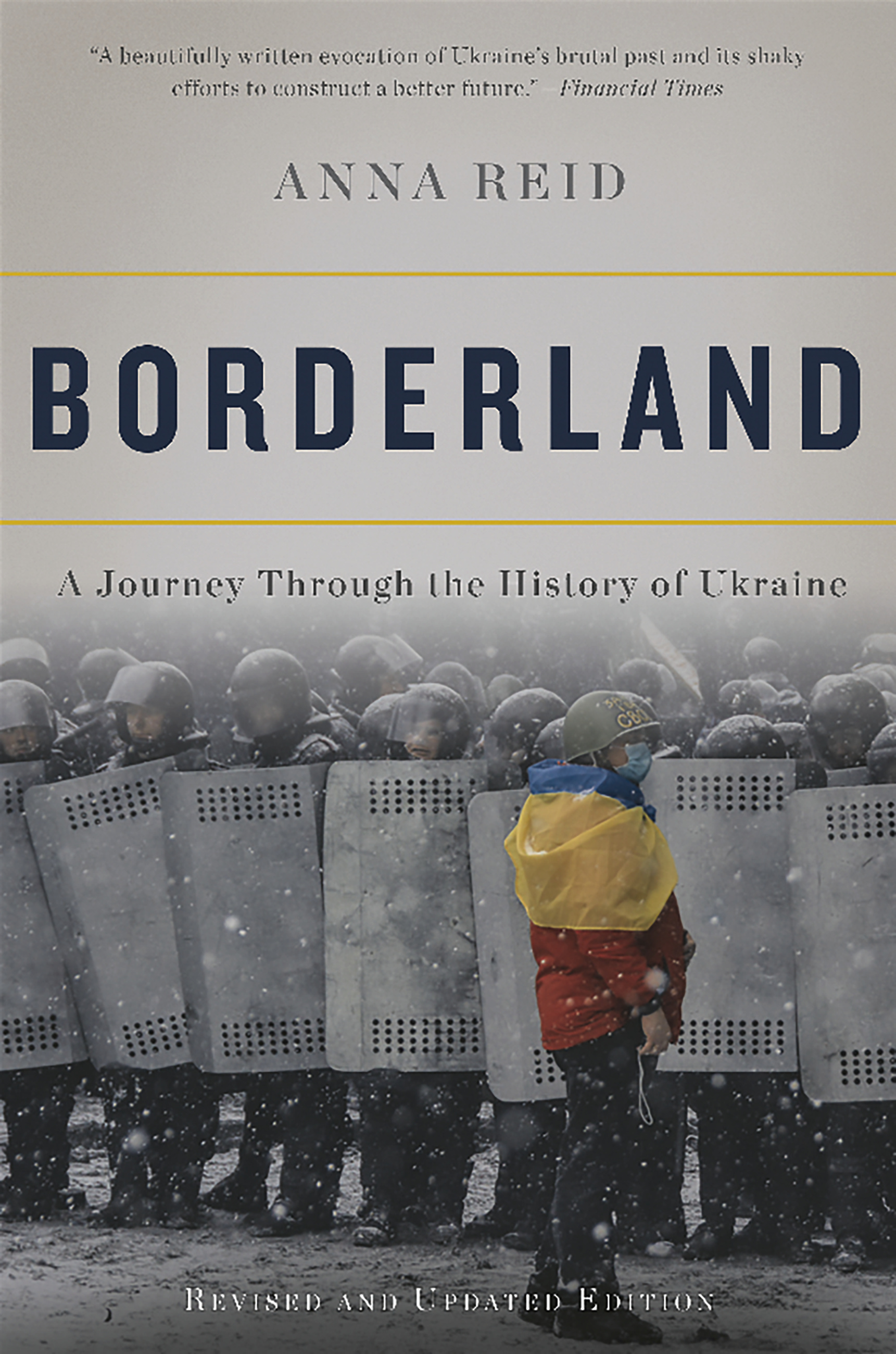Hello friends,
I hope this special post finds you well since my New Years 2024 post was published a few months ago! Things have certainly been busy on my end — personally, professionally, and creatively — and I’d love to share some details about it here. Let’s dive in!
Life Update
I mentioned in my last post that our fourth child, Eliza-Jean, was born in November and has been healthy and happy in the first couple of months of her life. She has grown so much in the last three months, exhibiting all the tell-tale signs of a curiously alert infant whose smile lights up our world. The other three kids adore her, always looking to entertain her or make her smile; she’s just starting to develop her laugh, so we’re looking forward to when she finally “finds” it. Our third child, Adler, is ornery as ever but is also sweet and kind, and tries to figure things out and do things on his own. Marin is also finding her place as part of the older pair of kids, sharing responsibility with Everett to help keep an eye on Adler and even EJ at times; she also is growing up too fast — she’s signed up for kindergarten in the fall already! The oldest, Everett, is becoming a fine young man; he’s just getting into the start of the spring soccer season and is enjoying his time at school. He has a family heritage/culture project due in a couple of weeks which he’s excited about completing, so that’s on our agenda over the coming days. Sarah and I are on the cusp of celebrating our 10-year anniversary in May, which will be before the next blog post; sometimes it’s hard to believe it’s been 10 years because we’ve done and experienced and grown so much in that amount of time, but it’s 10 years that I wouldn’t trade for the world!
New Job at the University of Jamestown
If you’ve been following along the past few months, you should know that I pivoted away from teaching at the secondary level after 8+ years online into an instructional design (ID) role in the world of higher education. Working remotely for UJ (whose physical campus is based in Jamestown, ND) has been utterly refreshing and rewarding, in more ways than one, and I’m so very grateful to have found this position when I did. I’ve made a handful of new work friends and have settled into a more comfortable routine in the work that I do, which involves collaborating with subject matter experts (SMEs) to design courses at the undergraduate and graduate level; I haven’t gotten to work directly on any postgraduate courses yet, but I will eventually. A few people have asked me if I’ll ever “go back to teaching,” to which I usually reply something to the extent of “not in the K12 world.” I enjoy educating others, especially on topics relating to history, but at the moment I have no desire to return to that part of the education field; I think I can thrive more in higher education. For the foreseeable future, I intend on continuing to adjunct lecture history courses through Mount Union when I can, while working my full-time job as an ID at UJ.
For those interested in a more detailed description of my work process as an ID (because many have asked), here’s the basic gist of what I do:
- I hold a virtual kickoff meeting with the SME contracted to aid in designing a course — they offer their content-related expertise from their field (nursing, philosophy, technology, math, etc.) while I offer my education-related expertise (learning theory, design principles, LMS knowhow, etc.)
- the SME and I examine the course’s learning objectives — we determine what it is the students are really being asked to do or the knowledge they’re being asked to demonstrate at the core of their learning in the course
- from there, we reverse engineer the design of the course via Backward Design — this means that instead of dividing a textbook by the number of weeks in a course and building out weekly content to reinforce the book’s topics chronologically (i.e., “forward design”), we begin with the assessments in mind and then determine what content the students will engage with in order to demonstrate their knowledge on those assessments
- once we have this worked out, we transfer all our brainstormed and collaborated ideas/material onto a formal document that spells out everything needed for the course to be built and “come alive”
- after that document is completed and filled out with as much detail as is needed, the SME and I either 1) have a closeout meeting to wrap things up and formally end the design process, or 2) we communicate this through email (which usually ends up being the case if the SME will also be the instructor who teaches the course)
- at this point, the course is ready to be built — this is done by our instructional technologist, but I also help clarify wording or other details on the document they use as reference, and sometimes will help build out parts of a course (e.g., rubrics) if the technologist is crunched for time
I repeat this process for each course that I help design, and I have anywhere between 3-5 courses that I’m working on at a given time.
Progress on The Ivory Obelisk
Six and a half years — that’s how long I’ve been working on this story idea. It’s a crazy time frame given that I pumped out my first four books in four years, but it also speaks to the comparatively larger degree of focus and attention I’ve given to this project. Granted, most of the writing didn’t take up all those years, and I didn’t work for consecutive days or periods of time early on…but still, it’s something I’m proud of looking back as I also look forward to finishing this project in the next eight months or so. I mentioned in my last blog post about expanding on my original rough draft after considering editor feedback as well as reading through some books on the craft of fiction writing; I can say that this expansion of ideas has really taken the plot of the book into places I wouldn’t have originally conceived but am so glad that I did because I truly believe it’s improved the story in multiple ways. My goal is to finish rewriting the final two chapters (one of which has been added onto the original manuscript) by June 1 to then allow a few weeks of proofing and revision; this will then be followed by about two months of beta reading, which will give me a solid “last look” at the manuscript by someone other than myself to ensure any spelling/grammatical/aesthetic errors are caught and any gaps or holes in the story are addressed. I’m still aiming for a release in the fall, sometime in late November, but that isn’t necessarily set in stone. As the summer months wane, I’ll have a better idea on the timeline and will update you accordingly. In any case, the end is in sight!
Pre-order for “‘The Faces of the War’ Collection”
I mentioned in my New Year’s post that I am re-releasing my first four books as a combined single-volume edition to mark the 10-year anniversary of my first foray into writing and self-publishing in April 2014. The Kindle version has been available for pre-order since January 1, and will continue to be available alongside the paperback version until they both are released on April 25, 2024:
In addition to that, the four books will be individually discounted on Kindle over the coming days in the run-up to the 25th:
- Resistant — FREE between April 2-6
- Unguarded — Kindle Countdown Deal between April 7-12
- Imminent — Kindle Countdown Deal between April 13-18
- Needless — Kindle Countdown Deal between April 19-24
I am excited to be able to celebrate this milestone in my writing life, and to share it with you and others who support my love of storytelling!
That’s it for this post. I look forward to my summer update post where I’ll have a solid update on the status of The Ivory Obelisk for you, among other things. Thank you!
Until next time,
Mike/”Eli”
